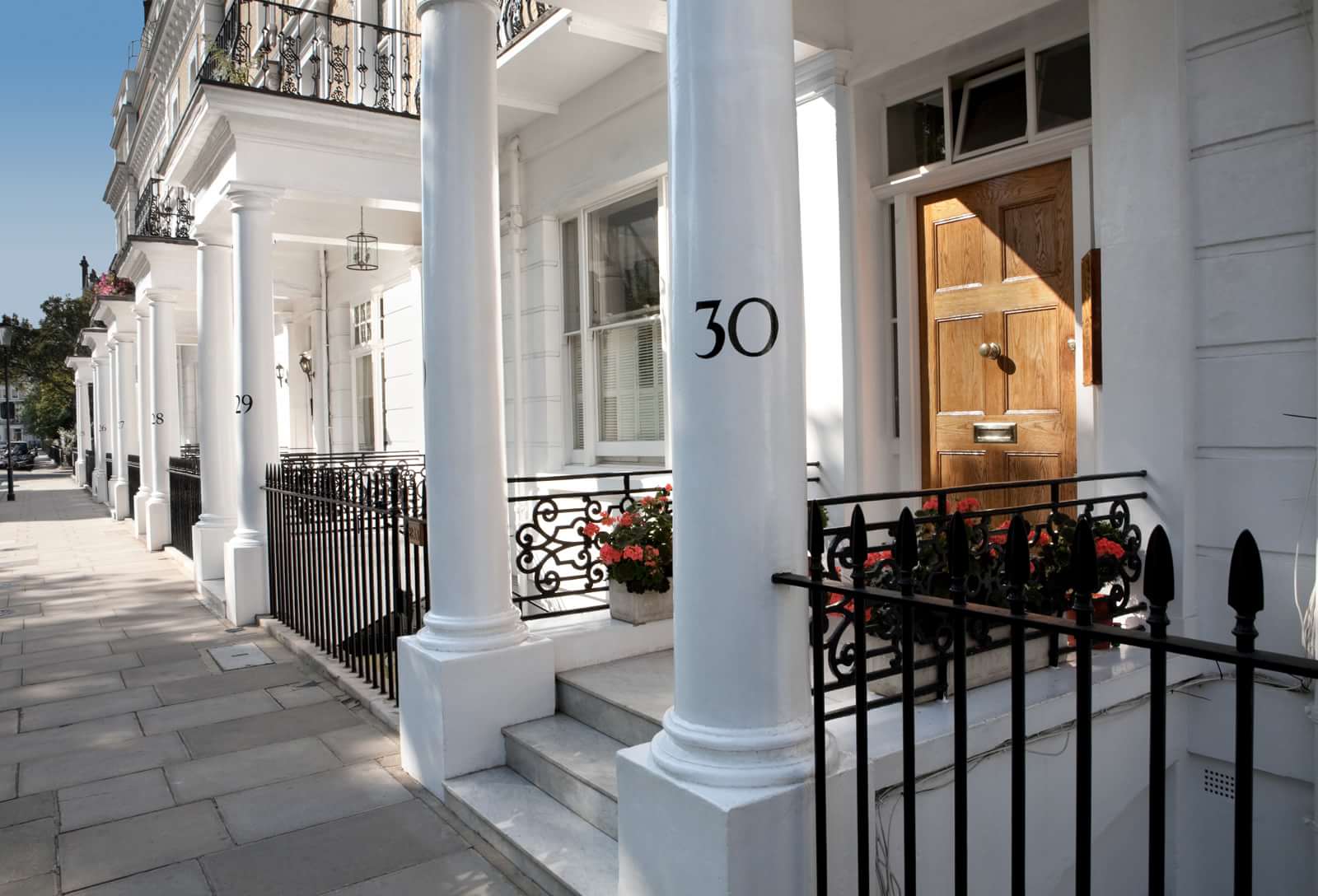Capital gains tax on investments
The rules on capital gains tax on your home can be quite complicated. Essentially, if you’re selling your main home that you live in you are very unlikely to need to pay capital gains tax at all, because of a tax relief called private residence relief.
Capital gains tax is generally not payable on gains you make on the sale of your only or main home. But if you own more than one, there possibly would be a bill to pay.
By law as of April 2019, tax digital is mandatory for landlords and the interest relief system is being changed over a period of 4 years.
If you’re selling a second home, or selling a home that you rent out to generate an income, you might have to pay, although there are ways you might be able to reduce your tax bill through letting relief or nominating which of your homes you want to be tax-free.
When you pay capital gains tax on property
You may have a capital gains tax bill to pay if you:
- develop your home – for example, by converting part of it into flats
- sell part of your garden or land, if the area is more than 1.2 acres
- use part of your home exclusively for business
- let out all or part of your home – this doesn’t include having a lodger in your residential home
- moved out of your property 18 months or more ago
- bought a home for the purpose of renovating it and selling it on.
- Landlord Insurances
What is the capital gains tax rates for property 2017-18
In the 2017/18 tax year, a profit of £11,300 canbe made before you pay capital gains tax.
If you’re a basic rate taxpayer, the tax you pay will be 18% on the profit you made on the property. Higher-rate and additional-rate taxpayers will pay 28%. You will not be paying capital gains tax when you sell your residential home.
When you sell a property, a proportion of the profits you make can be earned tax-free, which is called capital gains tax allowance.
Property Maintenance Tips for Landlords
Second property tax
If you use more than one home at the same time, you can nominate which one will be tax-free. It can be any of the two.
It makes sense to select the one expected to make the largest gain when you come to sell it. You have two years from when you get a new home to make the nomination.
Married couples and civil partners can have only one main home between them, but unmarried couples can each nominate two separate homes.
Blue Crystal awarded Most Progressive Property Management Firm in London
Letting relief and capital gains tax
If you have let out either part or all of your home, a proportion of any gain when you sell it will relate to the letting and could be taxable.
However, provided the home genuinely has been your main home at some point, you can claim tax relief in the form of private residence relief for the time it was your main residence and the past 18 months of ownership, even if you weren’t living in the property during those 18 months.
You may also be able to claim letting relief, which will reduce your capital gains tax bill.
The amount of letting relief you can claim will be either: You can claim the lowest of the 3 options below.
- The gain you receive from the letting proportion of the home
- The amount of private residence relief you get
- £40,000
Remember, you can not claim private residence relief and letting relief for the same period on the same property. This means if you are letting the property out when you come to sell, the past 18 months qualify for private residence relief rather than letting relief.
The exact amount of private residence relief and letting relief you can get depends on the amount you sell the home for.
You need to follow the tax guidelines and the rules for becoming a landlord.
West London Property Networking
Please contact Pelin Martin for your 30 minute complimentary property consultation


